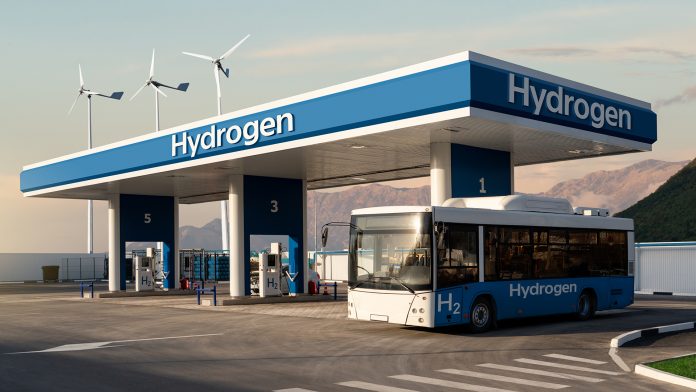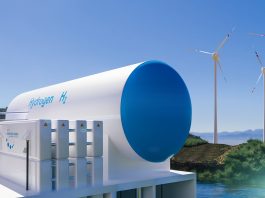Hydrogen-powered transport, including airport vehicles and supermarket delivery trucks, are set to provide greener and more efficient journeys across the North East.
The £8m investment to create hydrogen-powered transport will also grow the economy and create jobs, building on the government’s previous commitments to design new business models for hydrogen transport by 2025.
Today, the Transport Secretary announced the two winning projects of the competition’s second phase, encouraging more businesses and innovators to develop new technology that uses hydrogen fuel to accelerate transport decarbonisation.
How each project will increase hydrogen-powered transport uptake
One of the projects is led by ULEMCo and will develop hydrogen-powered vehicles for airport support, including tow trucks for aeroplanes and sweepers to clean runways.
This will be based at Teesside International Airport, which will help the airport reach its goal of being net zero by 2030.
Another winning project, led by Element 2, aims to create new hydrogen refuelling stations that will provide the infrastructure needed to scale up the use of hydrogen as a fuel.
The number of refuelling stations in the UK is set to increase by 50% and will be used to fuel a range of hydrogen-powered vehicles.
Today’s announcement also confirms £300,000 delivered directly to colleges in the area to support upskilling the local workforce and foster a specialised skills base and talent pipeline, further cementing the Tees Valley’s status as the home of hydrogen-powered transport.
Mark Harper, the UK’s Transport Secretary, stated: “Hydrogen technology has great potential to decarbonise transport and help grow the economy.
“Today’s winners illustrate the Tees Valley’s expertise as a pioneer in developing hydrogen tech. This investment will further boost the economy, creating skilled jobs and apprenticeships across the North East.”

Hydrogen is vital for reaching decarbonisation and net zero goals
This funding brings the UK closer to decarbonising some of the heavier and more complex vehicles, such as airside operations, which will be essential in reaching the country’s net zero goals.
Greater use of hydrogen-powered transport could help grow the UK economy with a transport system that is resilient to global energy prices, which is environmentally friendly, and could see the creation of thousands of skilled jobs.
Today’s funding also marks the continued growth of the UK’s only hydrogen transport hub, attracting even more innovation, investment and jobs to the Tees Valley.
The competition invited ideas on how to overcome some of the challenges of scaling-up hydrogen technology, such as refuelling on a large scale and making the region’s supply chain greener with hydrogen-fuelled vans and HGVs.
“We’re working hard to make Teesside an airport people can be proud of – and that doesn’t just mean flying to the destinations people love. It’s about acting responsibly for the good of our local people and businesses and the future of our planet,” explained Phil Forster, Managing Director of Teesside International Airport.
The funding for hydrogen-powered transport marks a clear shift in the switch to clean energy, highlighting the government’s commitment to a net zero future.









